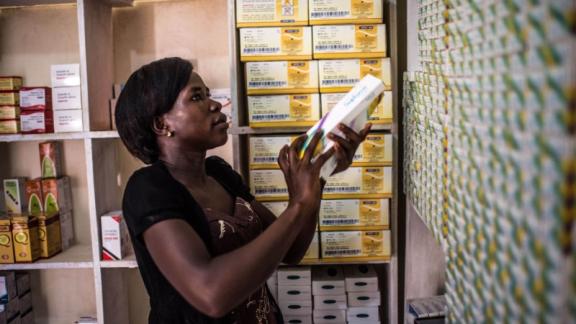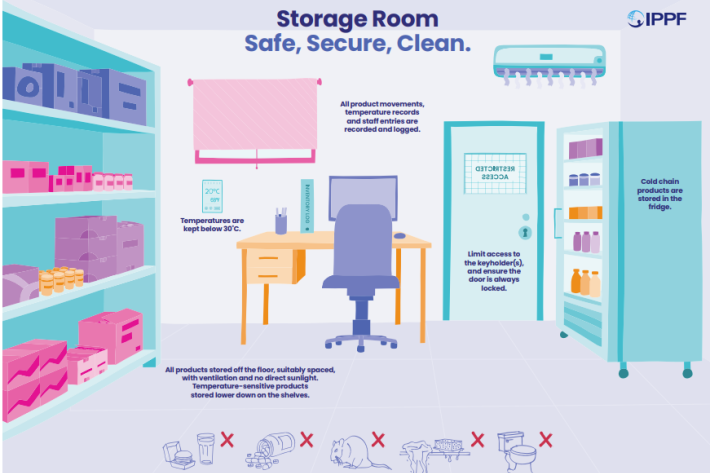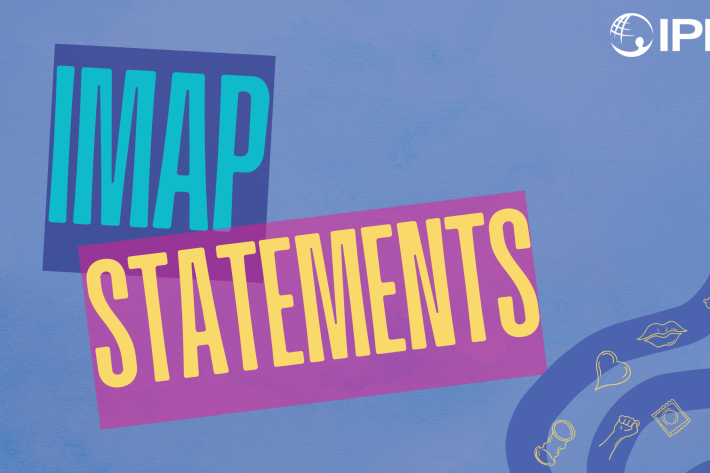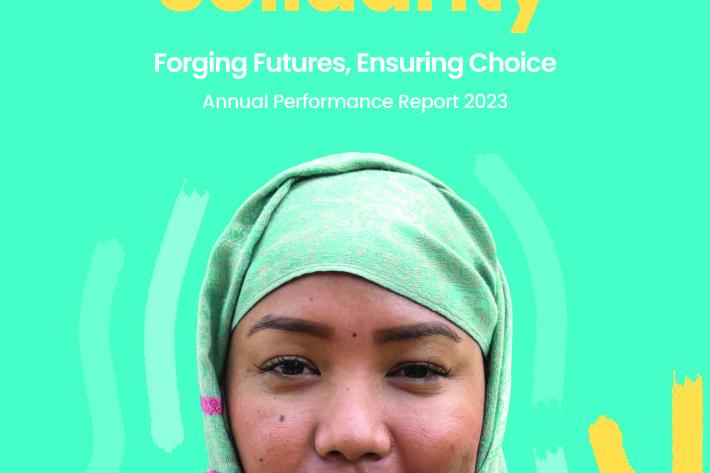Spotlight
A selection of resources from across the Federation
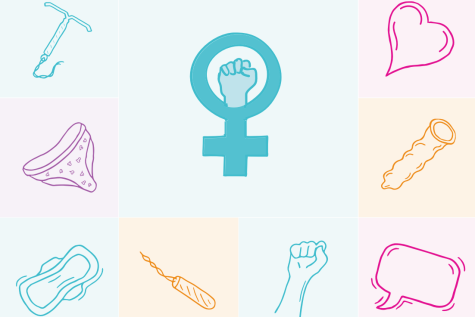
Technical Brief: Designing and Delivering Inclusive, Rights-Based Sexual and Reproductive Healthcare to Transgender and Gender Diverse People
This technical brief outlines key recommendations across several sexual and reproductive health service areas to promote access to inclusive care for transgender and gender diverse people.
Filter our resources by:

| 11 October 2017
The contraceptive challenge II: The Young Girl
Access to contraception should never be a challenge, yet young people face stigma and barriers when they try to access to contraceptive care and information. At IPPF, we know that the lack of sexual and reproductive health care is not a game. We work with and for young people to ensure them the healthcare and education they need, so they can focus on a more important challenge: achieving their dreams.

| 19 July 2017
Myth-busting facts about withdrawal
Decided you want to learn more about contraception options? Find out more with us!

| 14 June 2017
Bringing sex education out of the classroom and into the library in Queens
Planned Parenthood partners with Queens libraries to bring sex education out of the classroom and into the library. The partnership employs the library's traditional role as a source of information creating a safe space for today's teenagers to ask for support. Photography © IPPF/Bill Kotsatos Taking sex education to teens in Queens, NY

| 31 May 2017
Safe Abortion Action Fund in Uganda
Safe abortion is heavily restricted in Uganda, yet gender inequality and sexual violence are widespread. Hosted by IPPF, the Safe Abortion Action Fund is helping vulnerable women to turn their lives around. People are learning about safe abortion and fewer girls are dying. Community attitudes have been transformed and social stigma has started to give way to human rights and understanding. Read the success stories and meet the people behind the scenes
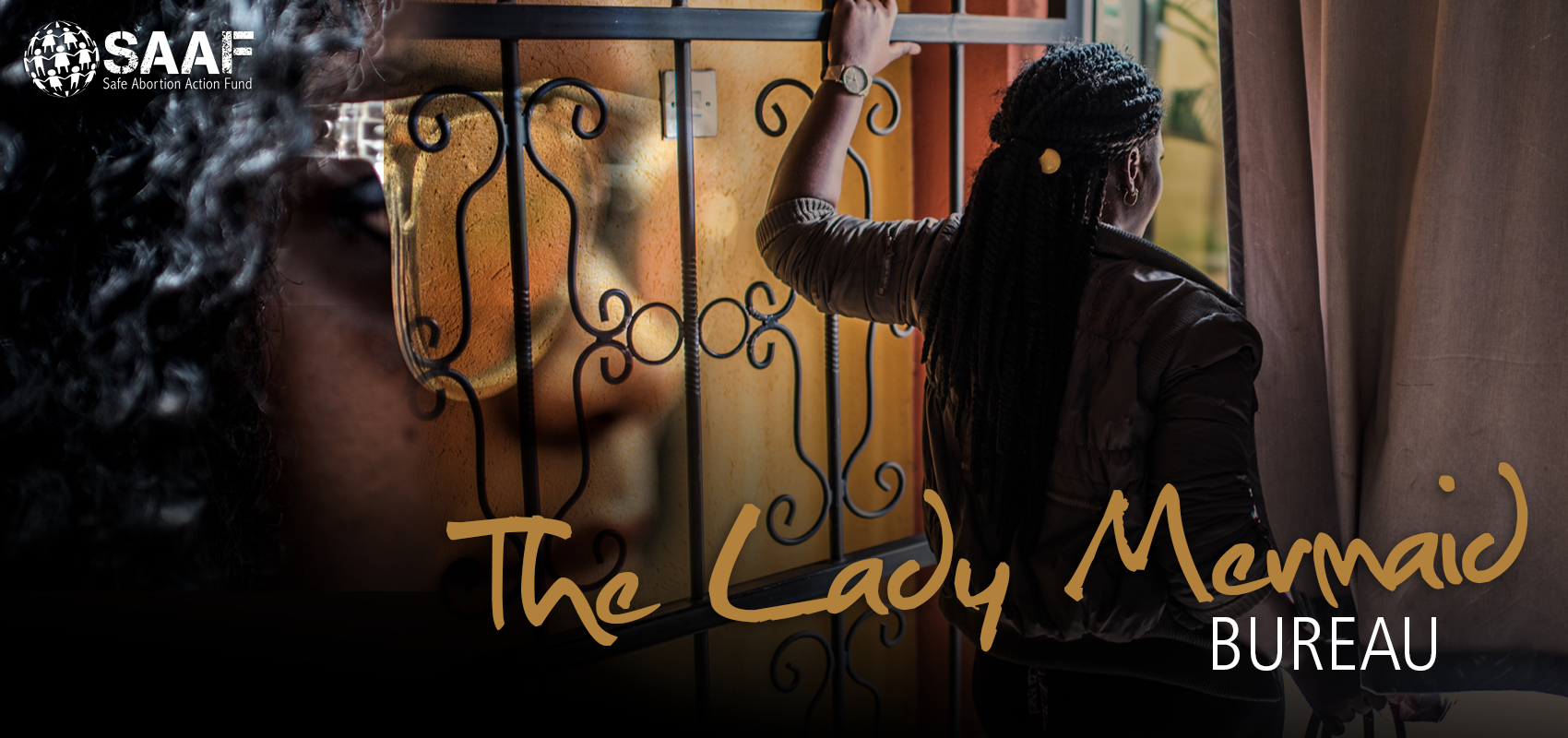
| 23 May 2017
Sex workers in Uganda: fighting violence and inequality
In Uganda, 42% of all pregnancies each year are unintended. The country's weak economy is exacerbated by high levels of gender inequality and poor access to jobs for women. Many women who turn to sex work are at risk of abuse and often rape. Abortion is heavily restricted in Uganda and clandestine safe services are very costly. This results in further poverty for many sex workers and sometimes unplanned pregnancies or even death from unsafe abortion. View the project and meet the women who are turning their lives around
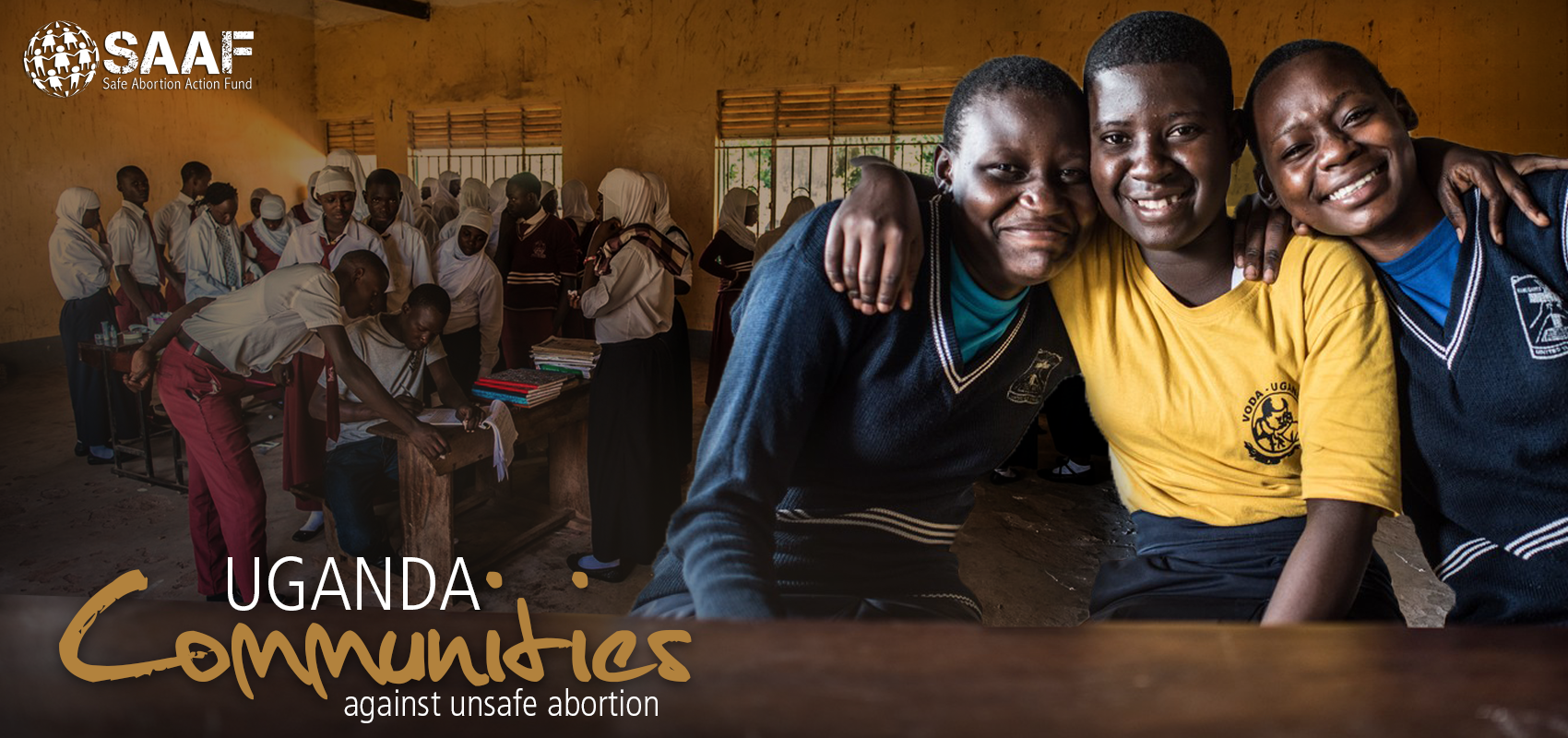
| 23 May 2017
Ugandan communities against unsafe abortions
Rural communities in Uganda have a high prevalence rate of gender inequality, sexual abuse and incest. There is little provision of sexual and reproductive health services and abortion is highly restricted. The Safe Abortion Action Fund, hosted by IPPF, is financing the grassroots organization, VODA, to empower young people as changemakers in their schools and communities. With training and support, peer educators have been educating friends about sexual and reproductive health, and local health providers are serving women in need. Death from unsafe abortion was once a widespread problem but through the power of peer education, these have almost disappeared and community attitudes towards safe abortion has been transformed. View the project and meet the school communities making change
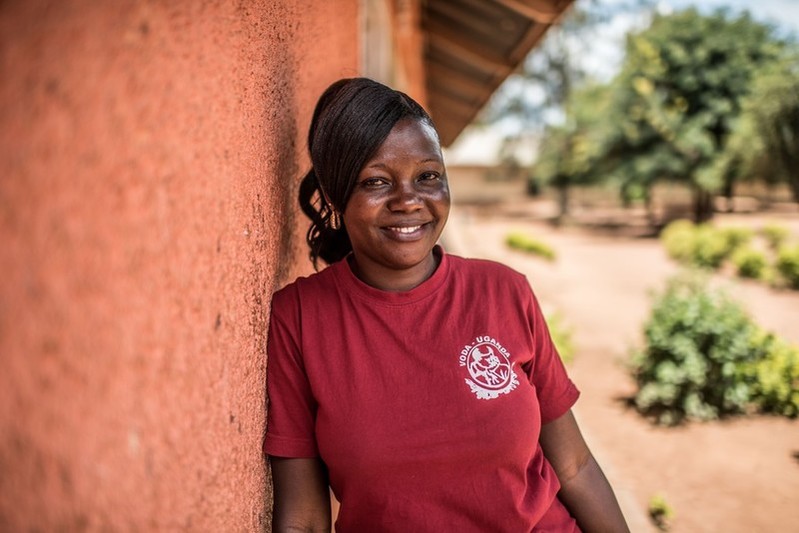
| 03 May 2017
Changing perceptions about abortion in rural Uganda
In the three years since the VODA Uganda project started there have been some incredible results. The project has brought about changes in perceptions about abortion in the community and schools, bringing community leaders and health workers on board, explaining the problems of unsafe abortion and directing girls and women to post-abortion care services. VODA (volunteers of development assistance) is a local, grassroots project funded by the Safe Abortion Action Fund (SAAF). The Safe Abortion Action Fund (SAAF) which is hosted by IPPF, was set up in 2006 in order to support grass-roots organisations to increase access to safe abortion. Photography © IPPF/Tommy Trenchard
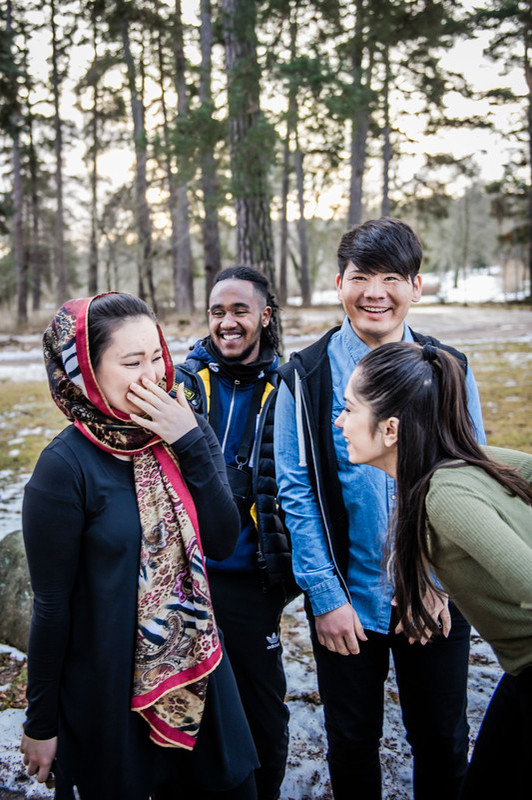
| 03 May 2017
Young immigrants in Sweden want to know more about sex
Many young immigrants arriving in Sweden have limited or no knowledge about sexual health. The Swedish Association for Sexuality Education in Sweden (RFSU), a member association of IPPF, has been working to help fill the gap by providing sexual health lessons to young asylum seekers with great responses. Kerstin Isaxon is an expert on comprehensive sexual education at RFSU. She works with educating staff and unaccompanied minors at group homes, as well as at high-school introductory Swedish programmes. She says: “These young people may not have been offered it in school, or their schooling may have been interrupted by war, poverty, persecution, or flight." In her view there is a great need for education about sex and relationships. REad their stories
| 05 April 2017
Improving the sexual health of young people after Cyclone Winston, Fiji
Even before Cyclone Winston, there was very little knowledge about contraception and sexually transmitted infections in Fiji. IPPF health professionals are now providing the affected population with counselling and advice on family planning and sexual health.
| 03 March 2017
IMAP Statement on youth peer provision models to deliver sexual and reproductive health services to young people
The purpose of this statement is to outline key components of the youth peer provision model, summarize existing evidence, and provide guidance to integrate this delivery approach into the existing sexual and reproductive health services offered by IPPF Member Associations.







